Blog
Brand Identity

If you prefer to listen/watch a video instead of reading then click here to go to my Youtube channel.
Possibly one of the most enjoyable aspects of branding is to have your brand identity designed for you. It’s the activity people associate with branding rather than all the introspection involved in working out your brand strategy, values, mission, purpose and so on.
Once you begin to see a visual manifestation of the designer’s interpretation of your brand it’s pure joy.
However, it’s really important not to jump in too quickly to having designs produced for your brand. Certainly, I’ve made that mistake when I was a start up back in the mid-2000s of spending a large sum of money on what was effectively just pretty designs. Little did I know it, but I was not yet ready to undergo a brand identity exercise. Consequently, for years my business had a visual identity that wasn’t quite right. This was evident from the fact that I felt the need to tinker with the logo by adding a bull t...
Business Failure – How Not To Get Blindsided
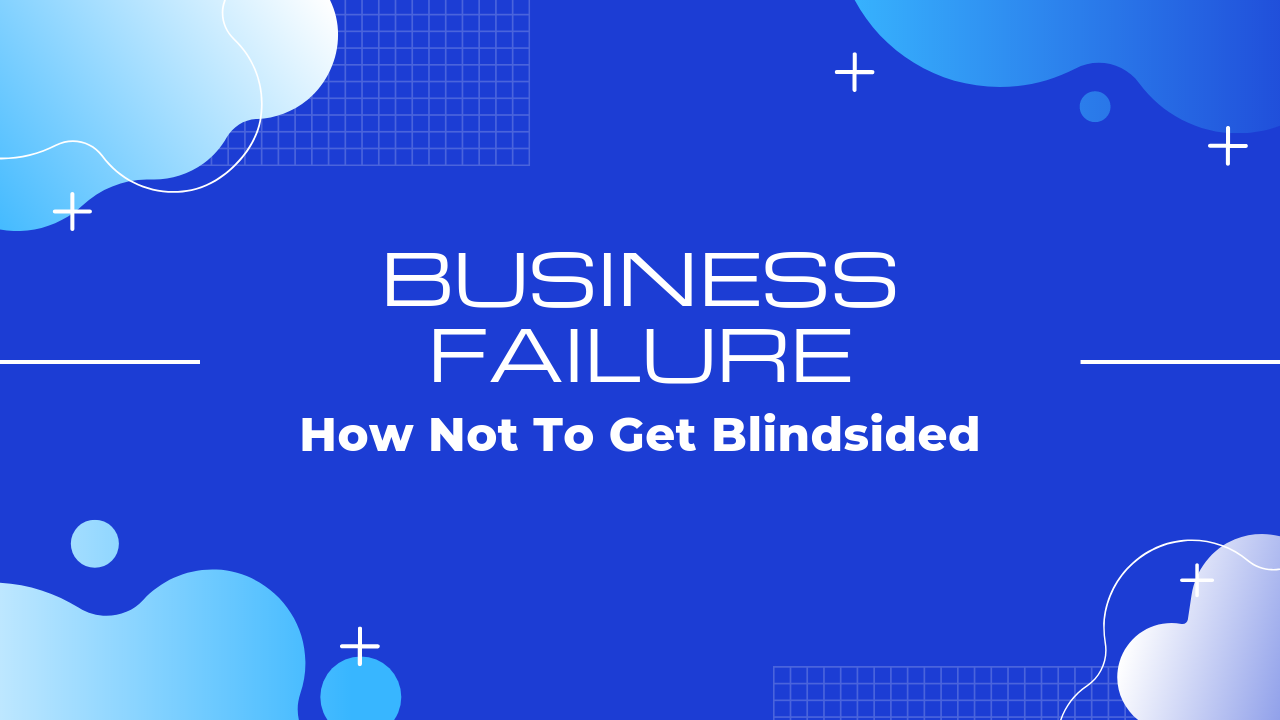
If you prefer to listen/watch a video instead of reading then click here to go to my Youtube channel.
Asking ourselves the question ‘what business am I really in’ is not just something that’s nice to do in order to identify business development opportunities. It’s actually critical to avoiding business failure.
Take Kodak as an example.
Kodak
Kodak is a cautionary tale that illustrates why it’s imperative to stay relevant to customers. Had that company asked itself this question it might have discovered that it was not just in the film business but in the memory preservation business too.
By defining themselves and their role in this wider way they would undoubtedly have reacted more appropriately to the changing technological landscape that digital cameras presented.
Kodak did not fail because it missed the digital age. It actually invented the first digital camera in 1975. However, instead of marketing the new technology, the company held back for fear of hurting its lucr...
Small Service Based Businesses Lack Brand Management
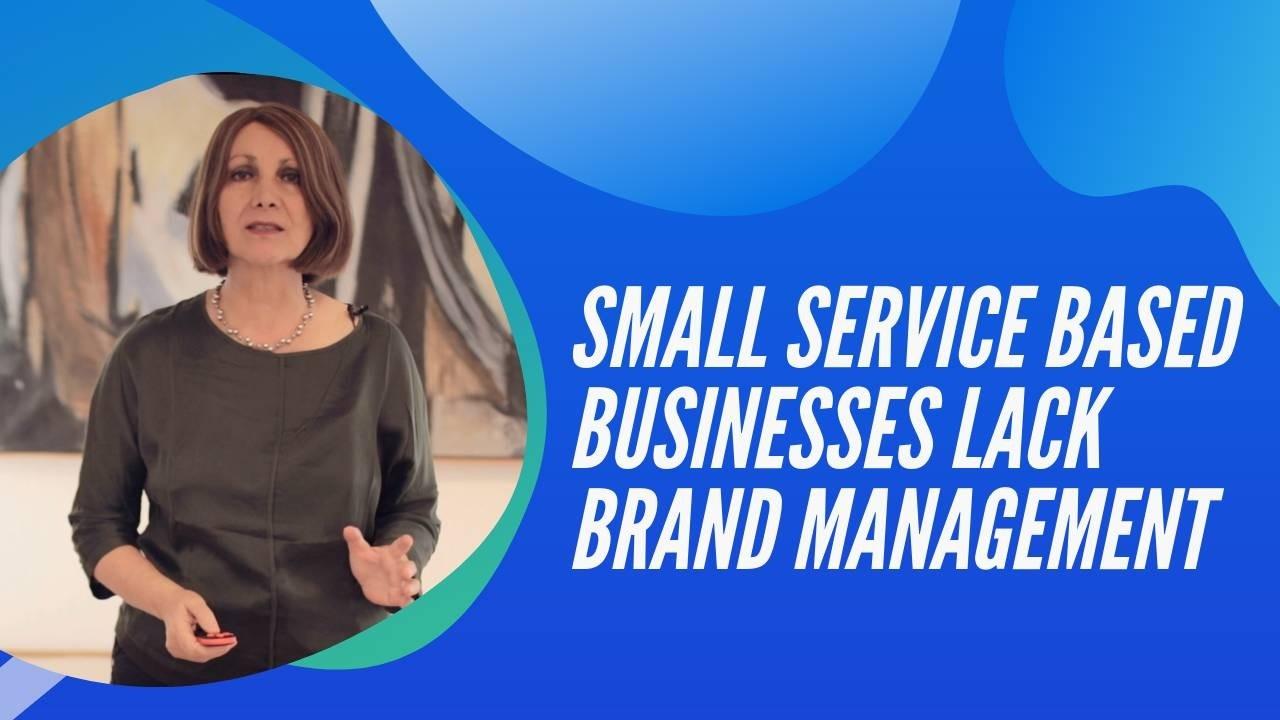
If you prefer to listen/watch a video instead of reading then click here to go to my Youtube channel.
The business owner might try to take care of everything themselves and co-ordinate the various suppliers. More likely, they tend to rely on one or two suppliers, such as an agency helping them with their branding, to fulfil all the functions that impact branding – namely, intellectual property and other laws, digital marketing, social media, IT, PR and communications and so on.
In my experience, business owners often lack clarity on what “branding” really means. Many assume that the supplier helping them with a new logo or name will take care of far more than falls within the remit of a design or marketing agency.
The business owner is effectively the brand manager by default, but due to their lack of skills and specialist insights into brands, they reduce the effectiveness of the brand and its efforts to achieve increased sales.
Business owners that lack the in-depth knowledge of ...
Branding Strategy
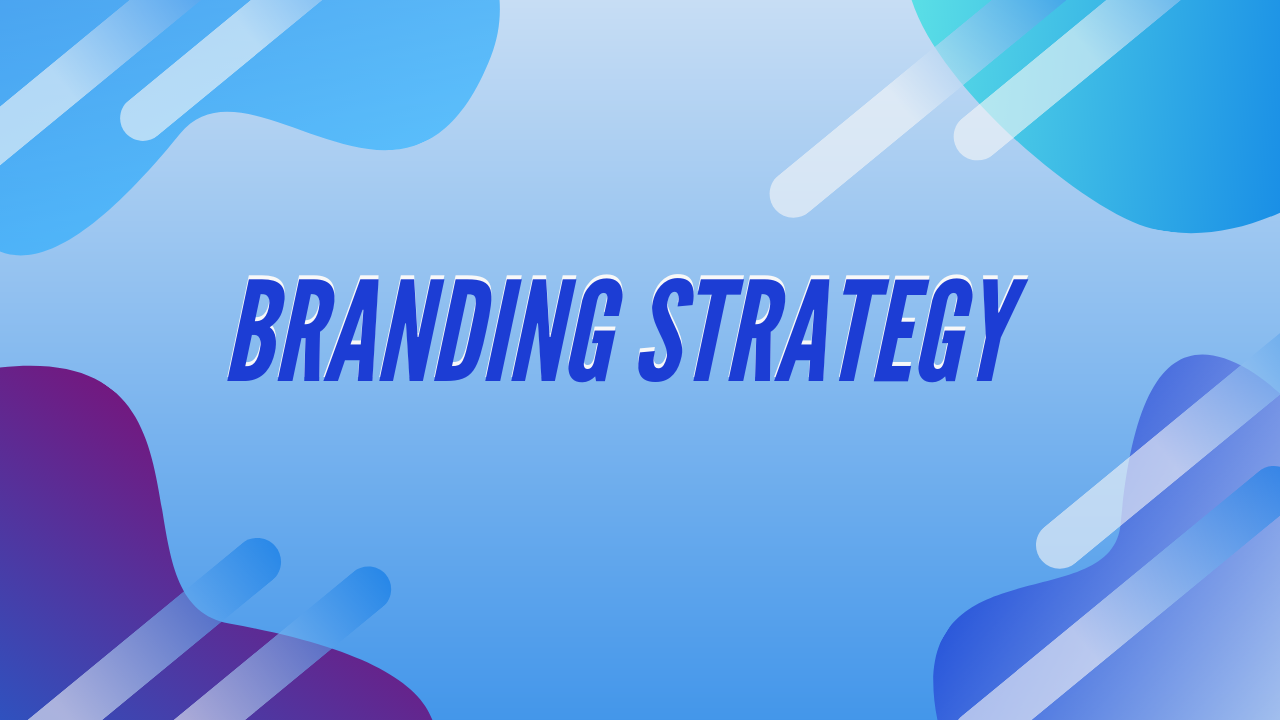
I discussed What is a Brand in an earlier post.
If you prefer to listen/watch a video instead of reading then click here to go to my Youtube channel.
To better understand how to think about your branding, start by considering the associations you have when you come across successful household name brands such as Disney, Ikea or Apple.
Notice how these names are known for delivering what is often an unspoken promise.
In Ikea’s case, we expect to find affordable self-assembly furniture in its stores.
When we buy Apple products, we expect to get something well designed, intuitive and easy to use.
Buying From A Known Brand
Every brand has its own distinct ‘identity’ and ‘promise’. It’s due to this promise that we know to expect something completely different if we buy a Rolex watch rather than a Swatch.
Buying a product or service from a business whose brand is not yet known is risky because it represents something untried and untested.
Shopping at Ikea carries a little risk if...
Taking Action
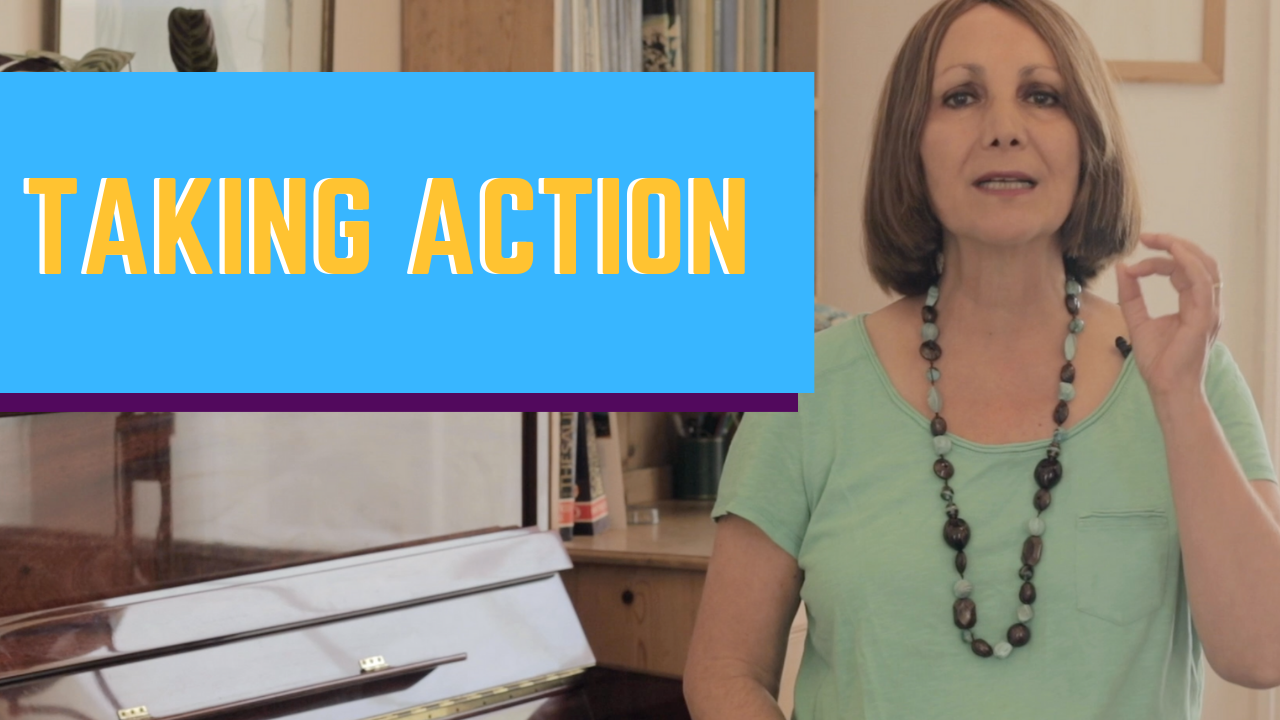
The fact is that no amount of new knowledge and learning on its own is going to make any of us wealthy if we don’t APPLY what we learn and take action.
Knowledge combined with action on what you learn is the only way to achieve higher earnings from your increased knowledge. This may be why so many people use coaches nowadays – in order to have some external force to keep them accountable, help them prioritise, stay focused, and do what they say they will do. I’ve known of countless people who swear by coaching.
Self-driven
Personally, I’ve always been very self-driven and like to do things independently. If there were someone really special and knowledgeable perhaps I would achieve more in life by getting coaching from them, but as it is I’ve done everything I’ve achieved on my own, using courses to boost my knowledge and motivation.
People have been known to say to me that they never would have expected to see me achieve xyz after what I’ve been through in my life, and yet I’v...
Knowledge Economy – The New Paradigm
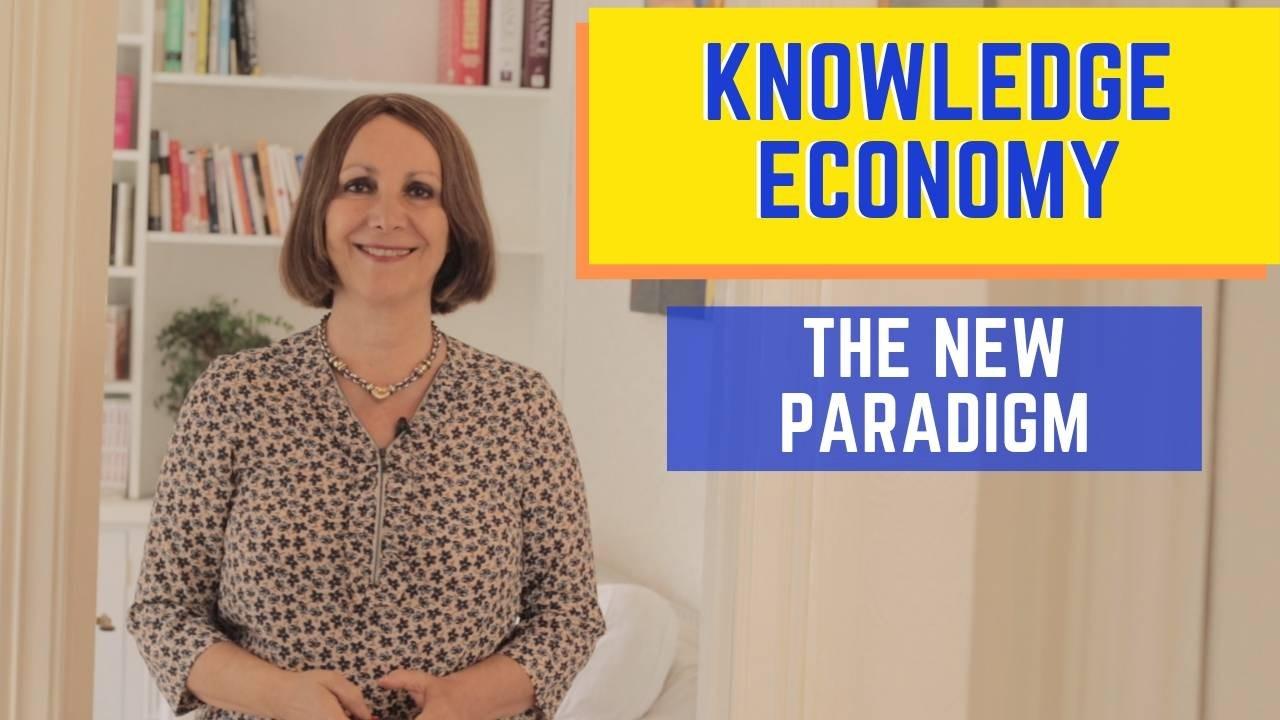
If you prefer to listen/watch a video instead of reading then click here to go to my Youtube channel.
As we transition from an industrial economy to an information, knowledge based one, there is a boom in entrepreneurship. More and more service based ventures are sprouting up. These invariably offer knowledge based consultancy products and services, drawing on the founders’ skillset.
Knowledge is now the equivalent of raw materials used in factories back in the industrial age when those who owned the means of production developed efficient processes to turn raw materials into goods. In doing so their assembly
line goods became cheaper to make and delivered a more reliable quality than goods built by craftsmen in cottage industries. This drove down the price of goods, and made them more widely available to consumers.
When your business involves the provision of a service, knowledge-based solution, it is important to remember this parallel so you can use your raw materials (knowle...
What Effect Does Deregulation Have on The Market for Legal Services?
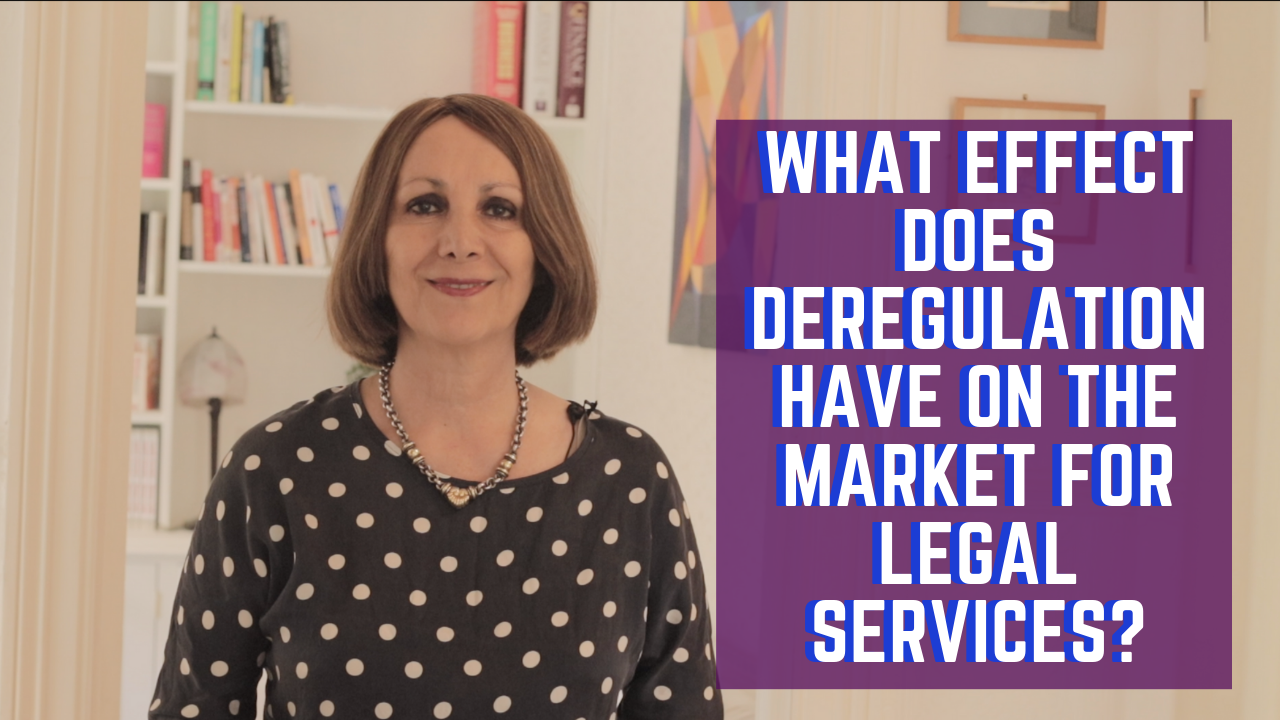
Although “deregulation” of the legal industry in the UK was initiated by the Legal Services Act 2007 the new laws didn’t come into effect until 2011, and far from the “big bang” that was anticipated it was a damp squid.
There was an air of anticipation around Alternative Business Structures which were the new vehicle introduced to implement Lord Clementi’s recommendations. Some people believed that the ABS would cause a sea change in the way legal services were provided because for the first time non lawyers could own a stake in law firms.
However, to date the radical transformation of the legal services market that was envisaged from deregulation hasn’t happened - at least at the small business end of the market where access to lawyers is still costly for many.
In my view, the new regulations about to come into effect in November 2019 which relax the rules around how solicitors may practice will have a far bigger impact in opening up access to legal services than anything that’s...
Starting Your Own Business – Learn From My Story Setting Up A Law Practice
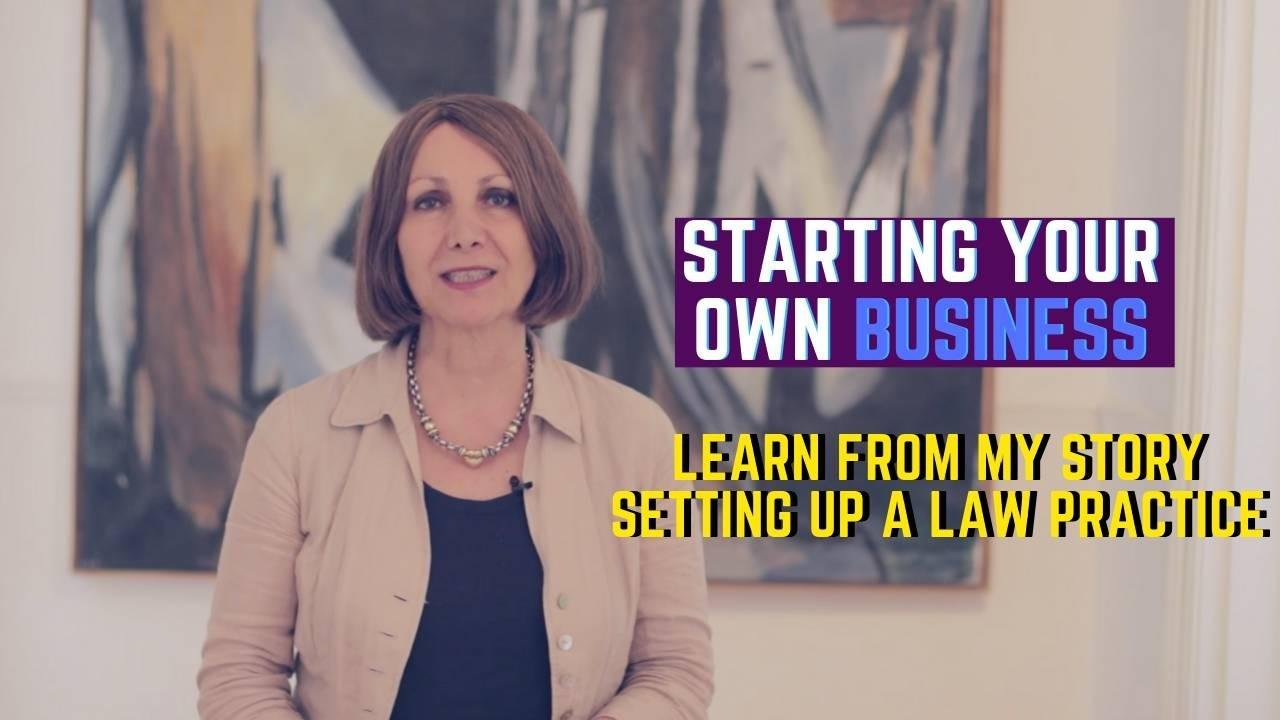
If you prefer to listen/watch a video instead of reading then click here to go to my youtube channel.
When I started my law firm back in 2004 I really didn’t have a clue about how to run a business let alone a law firm. So, I did what I usually do when I want to learn how to do something – I found a book to read. It was and remains the Law Society’s recommended text book Setting up and Managing a Law Practice by Martin Smith.
Had I known then what I know now I would not have followed the central advice in this book – which was to take whatever work you can get. However, at the time I really didn’t know much about marketing, or positioning, and the importance of being niche.
So my first year in business I did as the book suggested and became a general practitioner, taking whatever work came my way. I’m not sure if later editions of the book have updated this advice. I certainly hope so, but if you are a solicitor intending to start your own business, (such as to practice as the new b...
Digital Products – How to Launch a Successful Digital Product
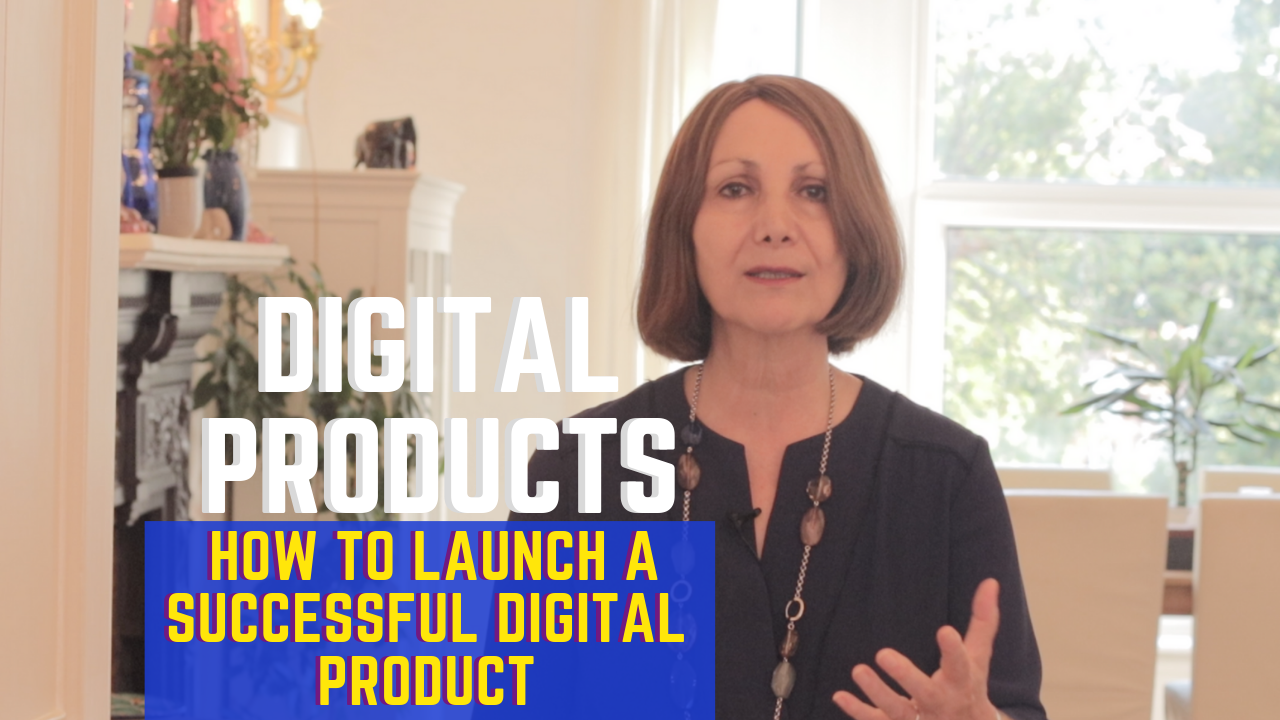
If you prefer to listen/watch a video instead of reading then click here to go to my youtube channel.
What’s the big deal with digital products? Why are so many people creating online products to sell? What are digital products anyway, and how do you create a digital product that sells?
Digital products are intangible assets, meaning they can’t be held, tasted, or touched. What makes them especially appealing is that digital products can be created once and sold repeatedly to different customers without having to replenish your inventory.
Using digital media intellectual property assets such as downloadable or streamable files, MP3s, PDFs, videos, plug-ins, and templates – it’s possible to make products ranging from music to videos, ebooks to online courses, and more. Be sure to check that you will own the IP rights as I’ve discussed in previous posts.
Low Overhead Costs
Digital products appeal to people because they involve low overhead costs to create and sell.
You don’t ...
Digital Courses – Did You Know That Few Are Actually Consumed?
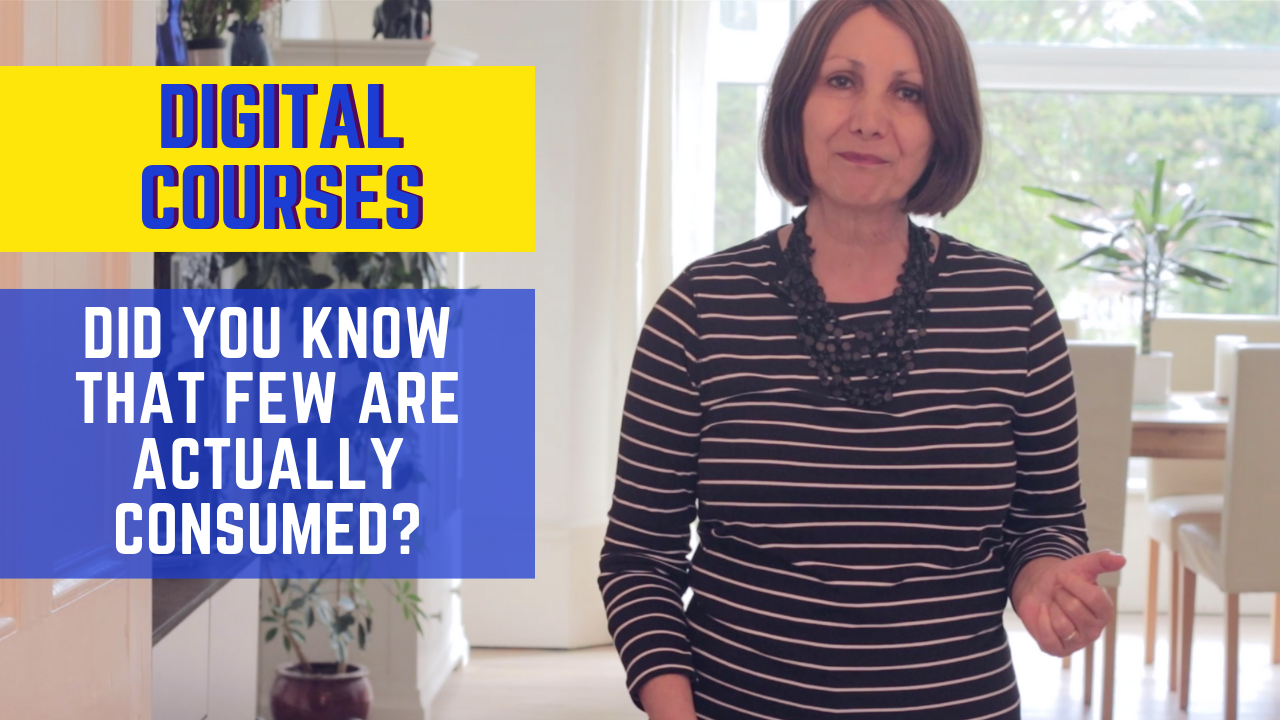
If you prefer to listen/watch a video instead of reading then click here to go to my youtube channel.
I was surprised to hear a while back that only a minority of students who buy online courses actually open and use them let alone finish them. That was from a respected thought leader who sells many online courses.
An article I came across recently seemed to bear this out According to this piece, although “hundreds of courses are now available from dozens of the world’s best universities and professors on the major platforms such as Coursera, edX, Udacity, and Udemy, and have attracted at least 4 million sign-ups to date, more than 90% of these would-be learners don’t finish. Many don’t even start the courses”. What’s more, those who do finish their course, don’t go on to take another one.
When you bear in mind the flexibility and other advantages that online courses offer this is extremely surprising.
The perks of taking online classes are numerous. As well as the opportunities t...


